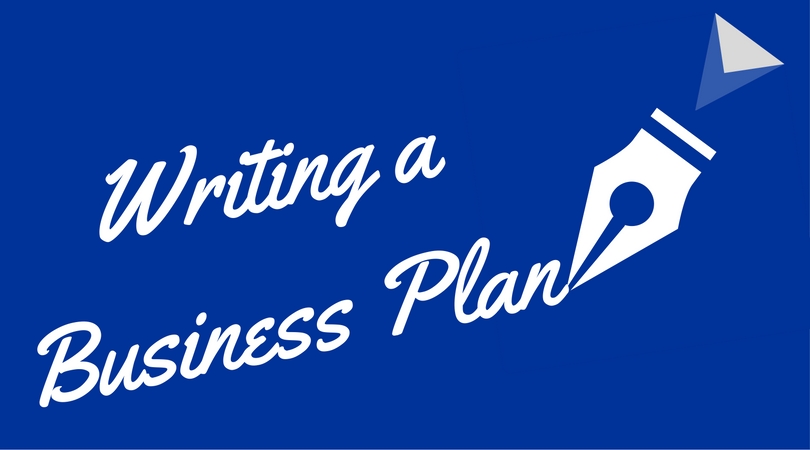Writing a business plan might seem like a long and boring task, but it forces you to think about your idea rigorously, highlights potential problems and makes you take a hard look at how much money you’re going to need.
What do we need to include in a business plan?
Executive summary
This is the section where you sum up the entire business plan and an overview of your business idea. It’s potentially the most important part of the whole document as it’s the first section everyone will read before deciding whether it’s worth looking at the rest. So you need to make sure it’s enticing, provides a good understanding of your business and highlights why you can promise an investor a return on their money.
Targets
Only a handful of companies make a profit in the first year, and unless you have a ready supply of clients waiting in the wings (or unless you have followed the concept of ‘Lean’ start-up), winning new business will be a real challenge in the first 12 months of your business’ life. So be realistic about what you can achieve in year one.
Cash-flow forecast
As your business plan is often used to show to investors and potential business partners, it can be tempting to exaggerate or think optimistically when predicting your figures. Investors will respect you more for showing an accurate and conservative prediction. It proves you’re not underestimating how tough running your own business is and it means you won’t have investors breathing down your neck if you’re not delivering the high sales you promised them.

Competitor analysis and market research
It’s essential that you know your market and your target customer. You need to show you’re focused on a consumer and why they fit your product. You should also provide a detailed report on who your rivals will be and how you’re planning to outsell them. You need to know exactly where you’re competing and if they are better than you in certain areas, then say. You also need to show how big a market share each of your rival’s hold and where you hope to feature.
Marketing plans
You may be the best web designer in the world, but if no one knows about you, then the customers will continue to go to the same places they always did. So you need to draw up a grand plan of how you’re going to attract clients, is it through advertising? Good SEO? Social media? Events? Or all of them combined?
Don’t rush into anything. Proper planning and forecasting can save you a lot of hassle in the future so it’s worth doing properly. Contact us at hive@kent.ac.uk for additional help and support.

